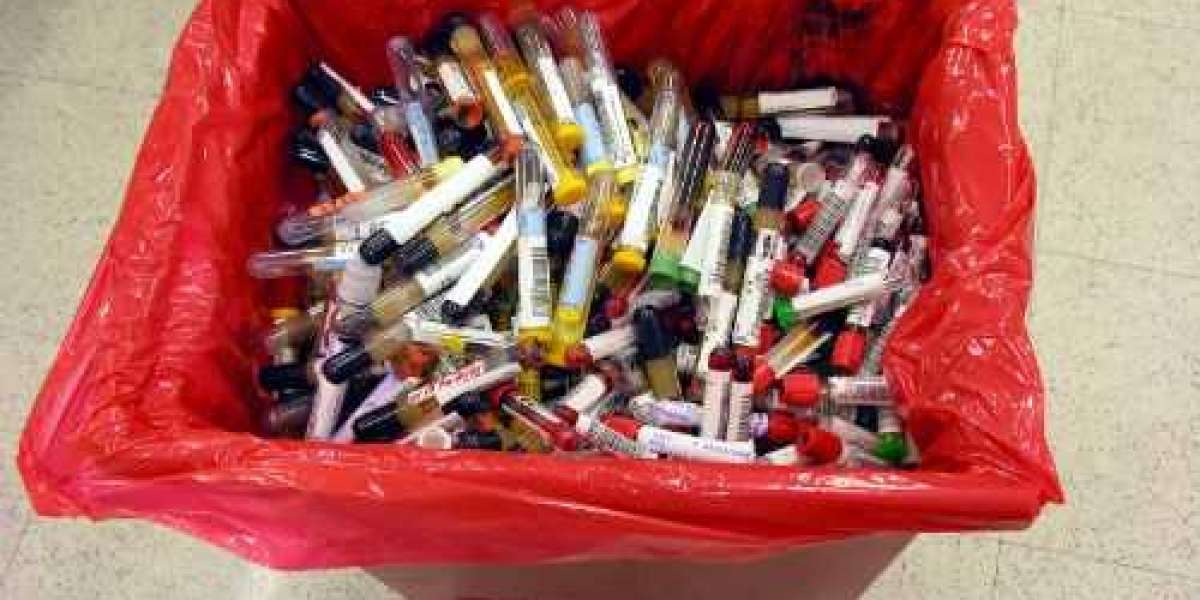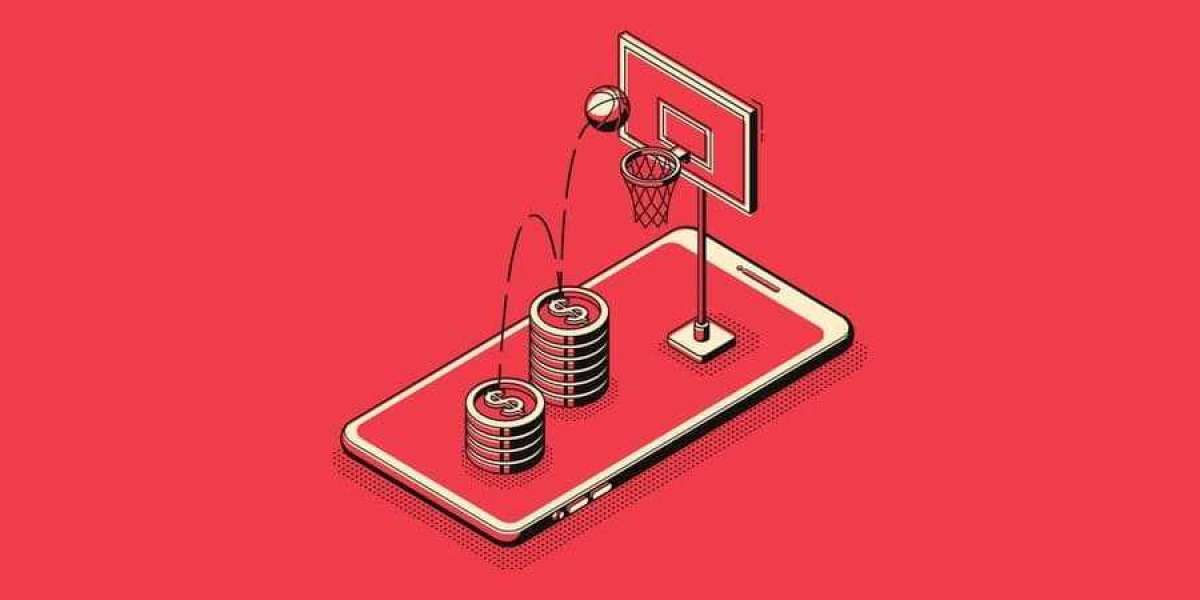The management of sharps waste, encompassing needles and other sharp medical instruments, is evolving in response to environmental concerns, technological advancements, and healthcare sustainability goals. As the healthcare industry continues to prioritize safety and environmental responsibility, the future of sharps waste services holds great promise. In this article, we will explore anticipated trends and the complexities that will shape the future of best sharps waste services.
Anticipated Trends in Sharps Waste Services
Sustainable Packaging
The future of sharps waste services is poised to witness a shift towards more sustainable packaging solutions. Biodegradable and compostable materials will replace traditional plastic sharps containers, reducing the environmental impact of disposal. This trend aligns with the global push for greener practices in healthcare waste management.
Recycling and RepurposingAdvanced recycling methods will become more prevalent, allowing used sharps to be reprocessed into new, sterile instruments. This innovative approach not only reduces the environmental burden but also lowers production costs, making it a win-win for healthcare facilities and the environment.
Advanced Recycling Centers
Dedicated sharps recycling centers will emerge, equipped with state-of-the-art technology to efficiently process used sharps waste. These centers will play a pivotal role in reusing and repurposing sharps materials while adhering to rigorous safety and regulatory standards.
Sustainable Treatment Technologies
Sharps waste services will increasingly employ sustainable treatment technologies. Methods such as autoclaving, microwave treatment, or chemical disinfection will render sharps waste non-hazardous before disposal. These technologies reduce emissions and energy consumption, aligning with eco-friendly practices.
Public Awareness and Education
Future sharps waste services will focus on public awareness campaigns and education programs. Healthcare facilities will take a proactive role in educating patients, staff, and the community about the significance of responsible sharps disposal and the environmental consequences of improper practices.
Complexities in the Future of Sharps Waste Services
Evolving Regulatory Standards
The healthcare industry is subject to evolving environmental regulations. Sharps waste services must continuously adapt to changing compliance requirements, which can pose complexities for both providers and healthcare facilities.
Cost Considerations
Implementing sustainable practices and innovative recycling methods can initially be costlier than traditional disposal. Balancing the financial aspect with the benefits of reduced environmental impact may present challenges.
Public Buy-In
Promoting public buy-in for responsible sharps disposal and recycling initiatives may prove complex. Overcoming the ingrained behavior of simply discarding sharps waste is an ongoing challenge.
Technological Integration
Integrating cutting-edge technologies into sharps waste services, such as IoT for monitoring and tracking, may require substantial investments in infrastructure and staff training.
In conclusion, the future of sharps waste services is marked by a commitment to sustainability, recycling, and environmentally responsible practices. Anticipated trends, including sustainable packaging, recycling, advanced treatment technologies, and public awareness campaigns, hold the promise of a safer and greener healthcare environment.
However, complexities, such as evolving regulations, cost considerations, public buy-in, and technological integration, cannot be underestimated. Overcoming these challenges and embracing the trends in sharps waste services is essential for creating a sustainable and environmentally responsible future in healthcare waste management. By navigating these complexities, the healthcare industry can contribute to both public health and a healthier planet.








